U.S. dismisses Iran's nuclear claims
The Obama administration on Thursday said it does not believe that Iran can enrich uranium at the level it claims it can.
Friday, 12.02.2010.
09:50

The Obama administration on Thursday said it does not believe that Iran can enrich uranium at the level it claims it can. White House officials say work is underway for stronger international sanctions against Iran. U.S. dismisses Iran's nuclear claims The Obama administration is brushing aside Iran's claim that it has enriched uranium at a higher level, possibly high enough to make a nuclear weapon. White House Press Secretary Robert Gibbs says Iranian President Mahmoud Ahmadinejad's Thursday statement is based on politics, not physics. "He says many things and many of them turn out to be untrue. We do not believe they have the capability to enrich [uranium] to the degree to which they now say they are enriching," he said. At a White House briefing, Gibbs criticized Iran for rejecting an offer brokered by the International Atomic Energy Agency, or IAEA, last year to ship uranium out of Iran, enrich it and return it for use in medical research. "Not taking the IAEA up and its partners up on a very commonsense offer, leads, quite frankly, the world to believe that Iran has other ideas," he said. Gibbs said that rejection, coupled with Iran's recent statements and actions, compels the United States and other nations to pursue stronger sanctions. Although U.S President Barack Obama had set a deadline at the end of last year for Iran to comply with a request for talks, his spokesman Robert Gibbs noted that work toward tougher sanctions continues. "This was not going to happen in Times Square [in New York City] when the ball hit zero [i.e., at 12:00 a.m. on January 1st of this year]. This was always going to take some important time," he said. Gibbs could not confirm whether China will support more sanctions on Iran, but he held out hope that it would. "We believe the Chinese have and will continue to play a constructive role. They worked with us very constructively on the U.N. sanctions dealing with North Korea. And we believe and I think they believe, it is not in their interest to have a worldwide arms race, and certainly not in their interest economically to have an arms race in the Middle East," he said. One day earlier, the U.S. Treasury Department imposed new sanctions on Iran, freezing the assets in U.S. jurisdiction of a general in Iran's Revolutionary Guard and four subsidiaries of a construction company he owns.
U.S. dismisses Iran's nuclear claims
The Obama administration is brushing aside Iran's claim that it has enriched uranium at a higher level, possibly high enough to make a nuclear weapon.White House Press Secretary Robert Gibbs says Iranian President Mahmoud Ahmadinejad's Thursday statement is based on politics, not physics.
"He says many things and many of them turn out to be untrue. We do not believe they have the capability to enrich [uranium] to the degree to which they now say they are enriching," he said.
At a White House briefing, Gibbs criticized Iran for rejecting an offer brokered by the International Atomic Energy Agency, or IAEA, last year to ship uranium out of Iran, enrich it and return it for use in medical research.
"Not taking the IAEA up and its partners up on a very commonsense offer, leads, quite frankly, the world to believe that Iran has other ideas," he said.
Gibbs said that rejection, coupled with Iran's recent statements and actions, compels the United States and other nations to pursue stronger sanctions.
Although U.S President Barack Obama had set a deadline at the end of last year for Iran to comply with a request for talks, his spokesman Robert Gibbs noted that work toward tougher sanctions continues.
"This was not going to happen in Times Square [in New York City] when the ball hit zero [i.e., at 12:00 a.m. on January 1st of this year]. This was always going to take some important time," he said.
Gibbs could not confirm whether China will support more sanctions on Iran, but he held out hope that it would. "We believe the Chinese have and will continue to play a constructive role.
They worked with us very constructively on the U.N. sanctions dealing with North Korea. And we believe and I think they believe, it is not in their interest to have a worldwide arms race, and certainly not in their interest economically to have an arms race in the Middle East," he said.
One day earlier, the U.S. Treasury Department imposed new sanctions on Iran, freezing the assets in U.S. jurisdiction of a general in Iran's Revolutionary Guard and four subsidiaries of a construction company he owns.






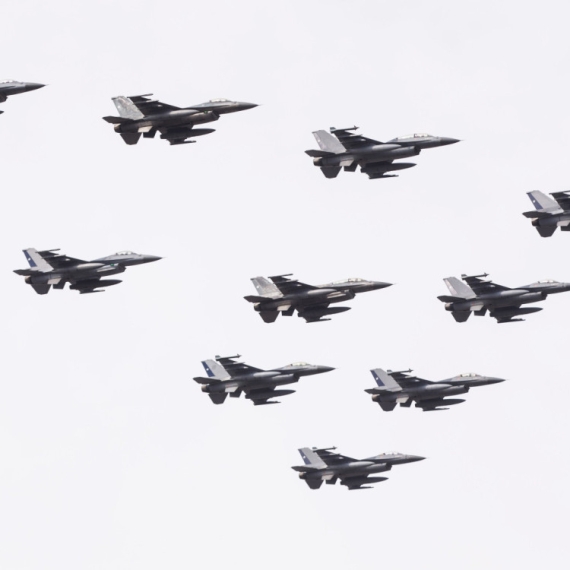






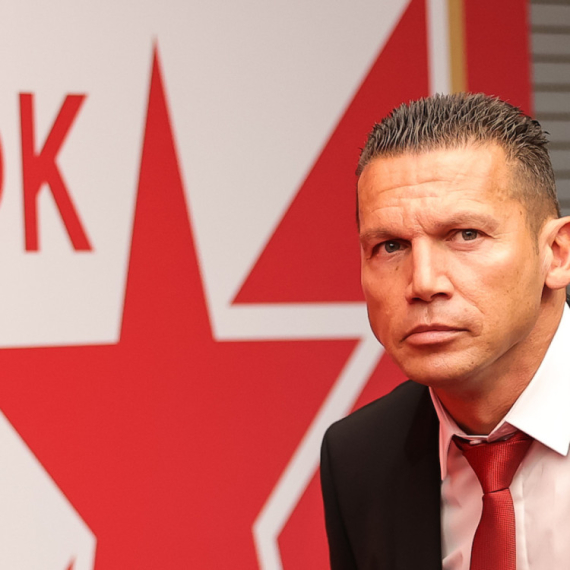



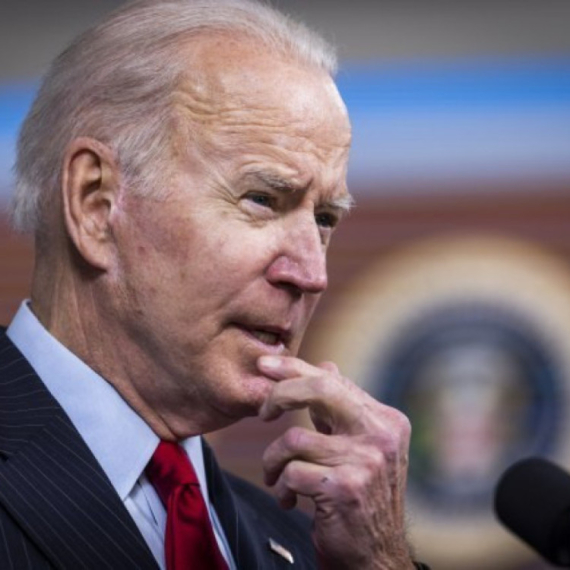
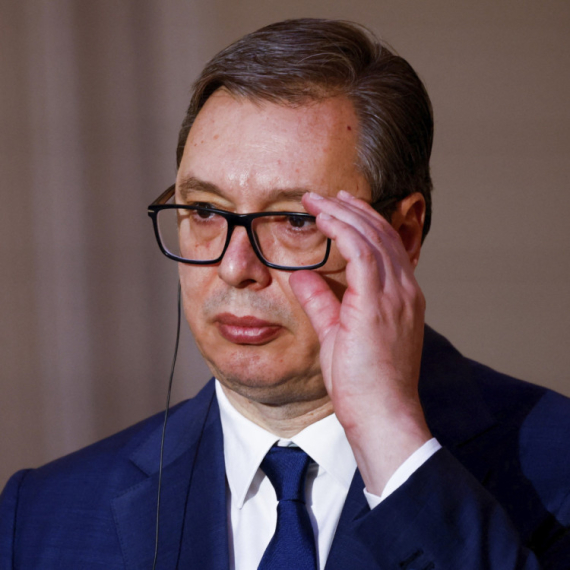
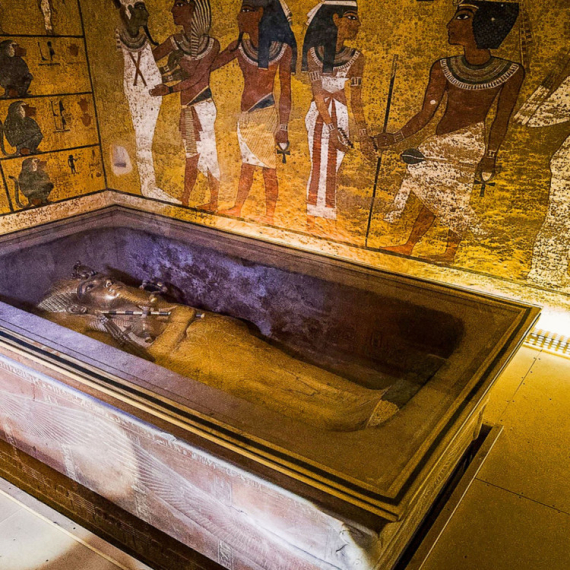

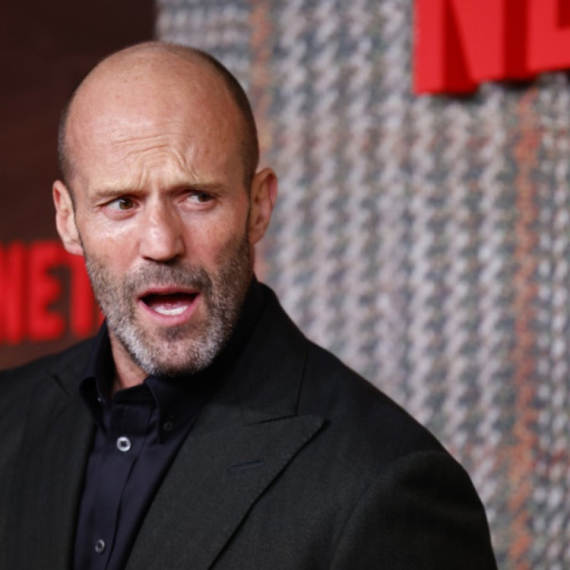
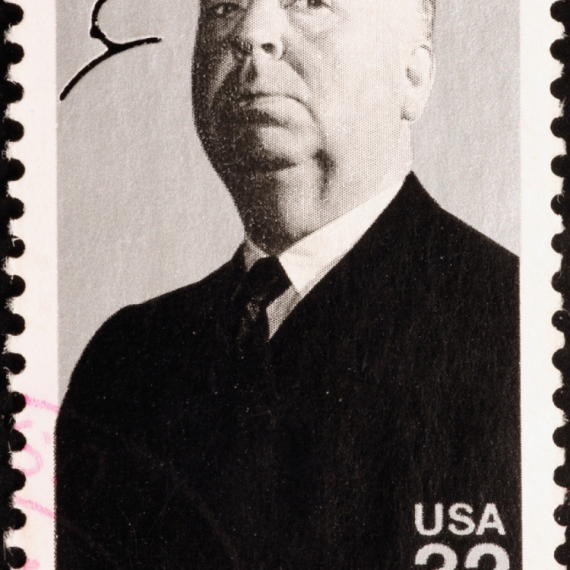
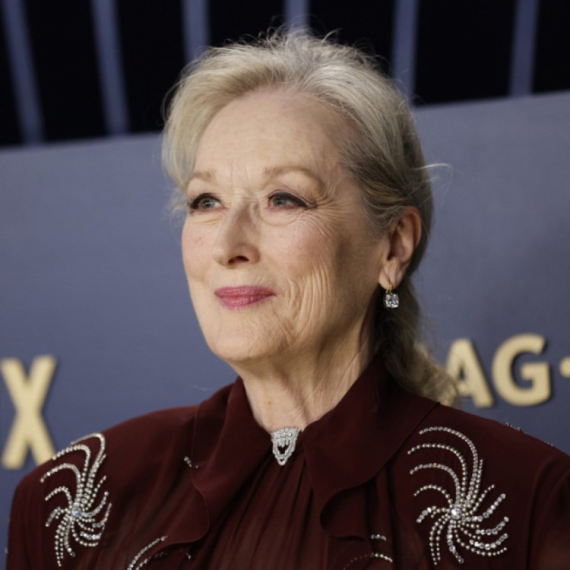






















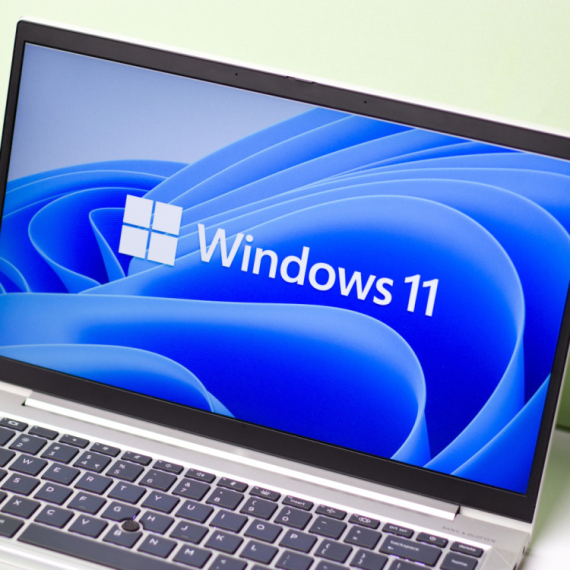
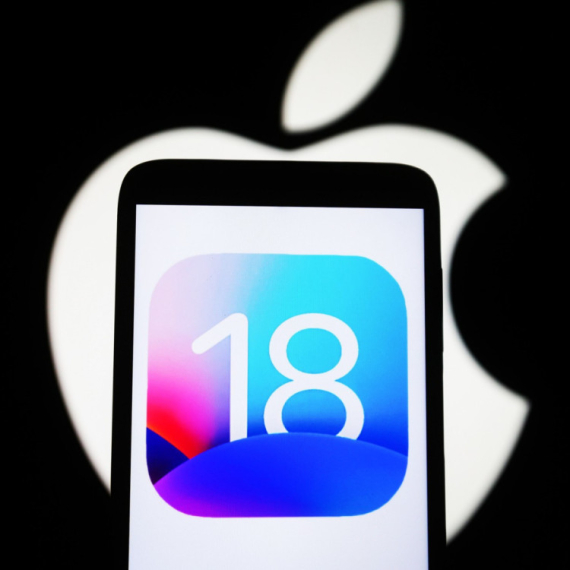








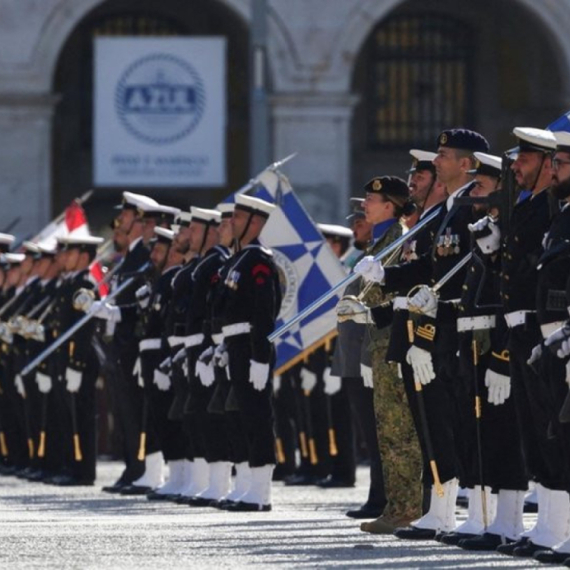


Komentari 5
Pogledaj komentare